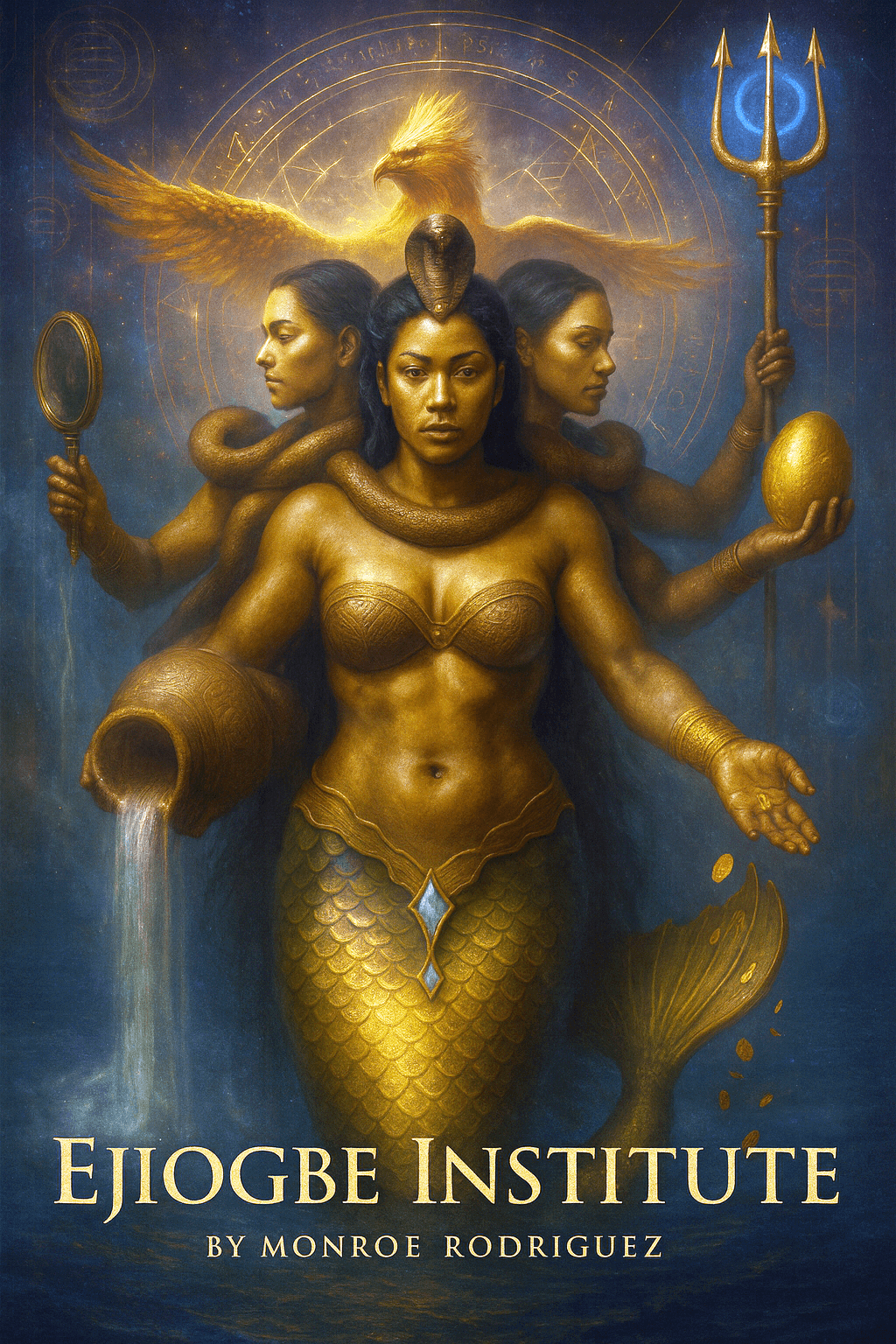
Why Everyone Is Talking About Community-Owned Digital Libraries (And You Should Too)
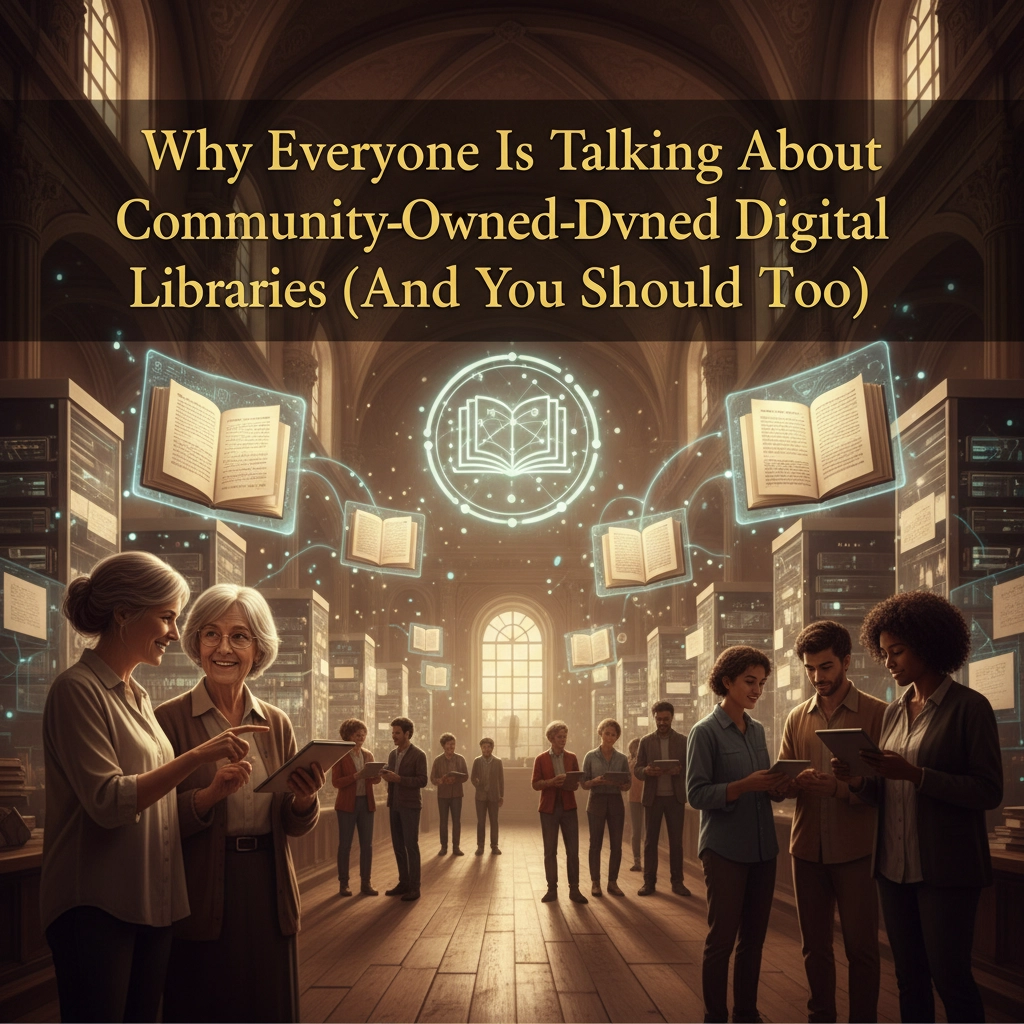
The digital revolution has transformed how we access information, but for many communities, particularly those carrying precious oral traditions and ancestral wisdom, the shift has created unexpected barriers. While we celebrate the democratization of knowledge, a quiet revolution is emerging: community-owned digital libraries that prioritize cultural sovereignty over commercial interests.
This movement isn't just about technology. It's about who controls our stories, who preserves our heritage, and who decides which voices deserve to be heard across generations.
The Sacred Trust of Knowledge Preservation
For centuries, our elders have served as living libraries, carrying forward prayers, teachings, and guidance through spoken word and lived experience. Today's digital landscape offers unprecedented opportunities to preserve and share this wisdom, yet traditional platforms often fall short of honoring the sacred nature of cultural knowledge.
Community-owned digital libraries represent a fundamental shift from passive consumption to active stewardship. These are sociotechnical networks where technology, information, documents, people, and practices work together to serve defined communities rather than distant shareholders.
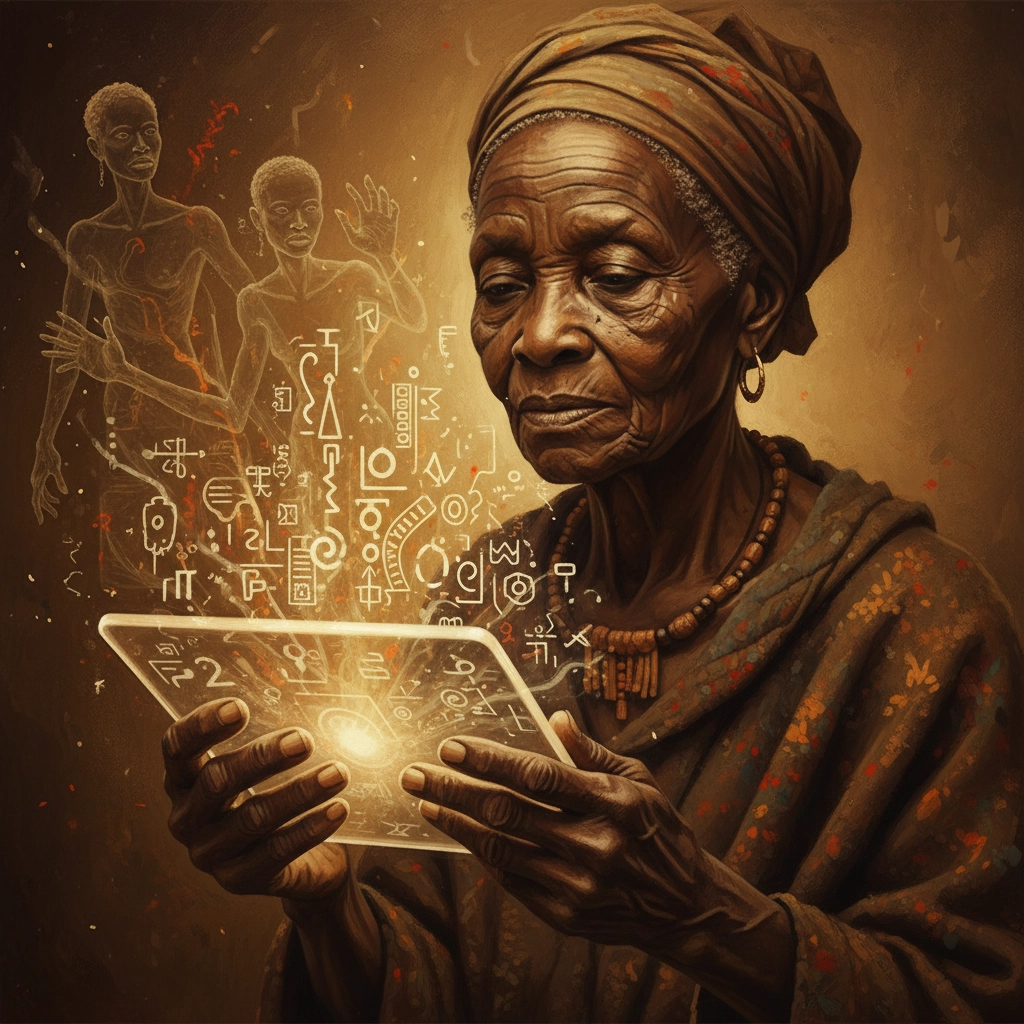
Unlike commercial platforms that extract value from user-generated content, community-owned libraries embed themselves in the activities of those communities they serve. This means elders, cultural keepers, and community members don't just contribute content, they help shape how that content is organized, accessed, and protected.
Breaking Free from Digital Colonialism
The challenges facing traditional library systems have become impossible to ignore. Digital access has been unsustainable for years, with significant collections becoming "inaccessible, unaffordable, or subject to unscrupulous licensing terms." For communities already marginalized by mainstream institutions, these barriers are particularly devastating.
Consider the elder who wishes to share traditional healing knowledge but finds that commercial platforms require surrendering intellectual property rights. Or the community historian whose oral traditions are buried beneath algorithmic recommendations designed to maximize engagement rather than honor cultural context.
Community-owned digital libraries offer a different path, one where:
- Collections are built proactively in response to actual community needs, not market trends
- Accessibility remains paramount, ensuring knowledge remains "readily and economically available" to those who need it most
- Cultural protocols are respected, allowing communities to maintain sovereignty over their sacred knowledge

The Power of Open Source Collaboration
Many transformative digital library technologies are community-supported open-source projects rather than commercial products. Platforms like Fedora, DSpace, Samvera, and Omeka enable institutions to customize applications that serve their specific cultural and linguistic needs.
This collaborative foundation means that collections intended to reach global communities are available through open source software applications, often created and maintained by the very people who steward the content. For communities working to preserve African heritage, indigenous knowledge systems, or other marginalized voices, this represents true technological sovereignty.
The beauty lies in the collaborative nature of these projects. Success requires many people working together: cultural keepers, community liaisons, storytellers, technical developers, and volunteers, both inside and outside existing institutions. This distributed model leverages diverse skills while ensuring community ownership remains central.
Beyond Storage: Creating Living Archives
Traditional archives often function as static repositories, places where knowledge goes to be preserved but not necessarily to thrive. Community-owned digital libraries operate differently. They create living archives that grow, evolve, and respond to community needs.
These platforms can:
Enhance Cultural Accessibility: Provide more resources and accessibility options than individual communities could maintain alone, remaining open any time, anywhere online while respecting cultural protocols around sensitive materials.
Enable Responsive Collection Development: Instead of relying on commercial publishers' priorities, these libraries build collections systematically while remaining opportunistic enough to spot and pursue meaningful new possibilities.
Reduce Barriers to Participation: Strong digital libraries help reduce stigma around knowledge sharing, particularly for younger community members who might feel intimidated by formal institutional settings.
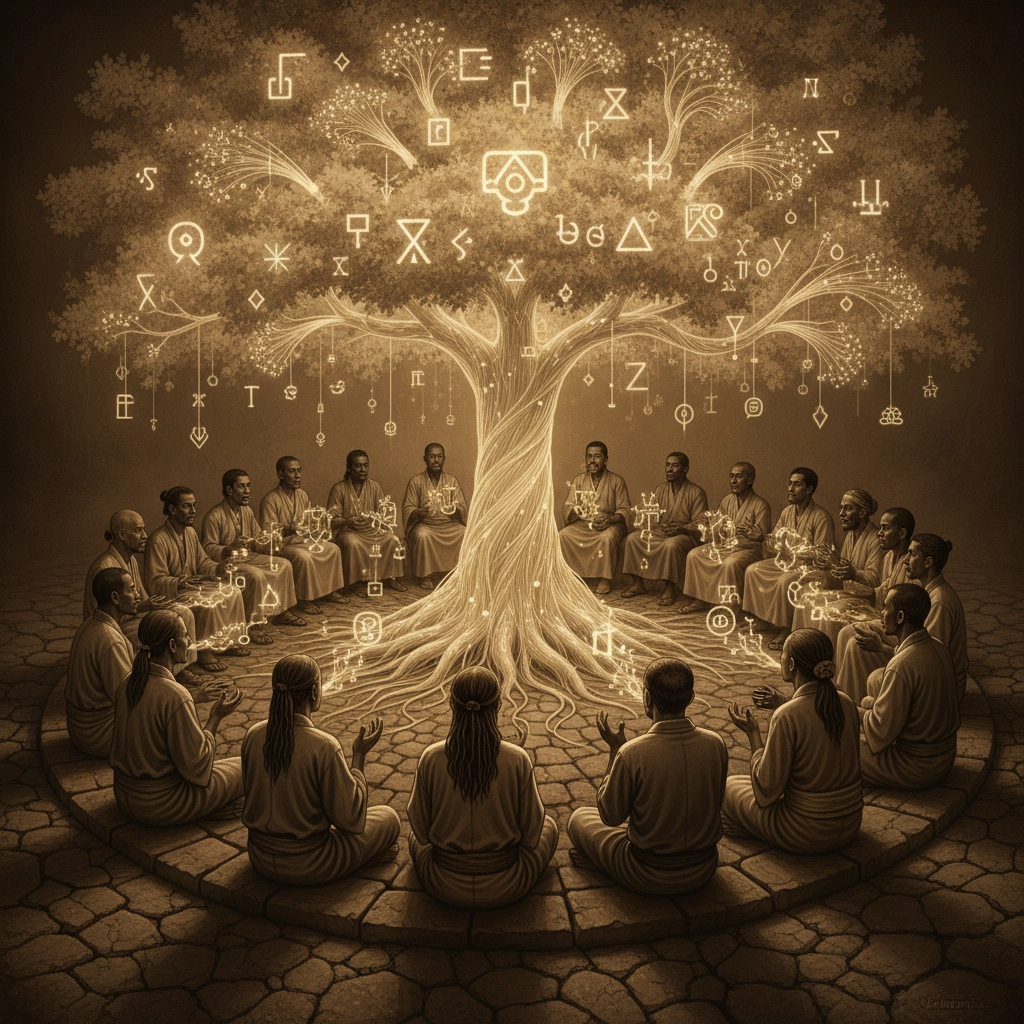
Cultural Data Sovereignty in Action
For African diaspora communities, indigenous nations, and other historically marginalized groups, community-owned digital libraries represent more than convenience, they're expressions of cultural data sovereignty. This means communities maintain control over how their knowledge is collected, stored, shared, and used.
When elders share traditional recipes, healing practices, or spiritual teachings through community-owned platforms, they're not surrendering their intellectual property to tech giants. Instead, they're entrusting their wisdom to systems governed by their own community's values and protocols.
This sovereignty extends to technical decisions too. Communities can choose to prioritize features that honor their cultural practices, perhaps implementing prayer protocols before accessing certain materials, or organizing content according to seasonal rather than alphabetical systems.
The Ripple Effect: Inspiring Global Change
As more communities embrace digital sovereignty, we're witnessing a profound shift in how knowledge preservation happens. These grassroots efforts are inspiring larger institutions to reconsider their own practices.
Academic institutions are partnering with community-owned libraries to ensure research benefits the communities it studies. Cultural organizations are adopting open-source tools to reduce dependence on commercial vendors. Government agencies are recognizing the importance of supporting community-led preservation efforts.
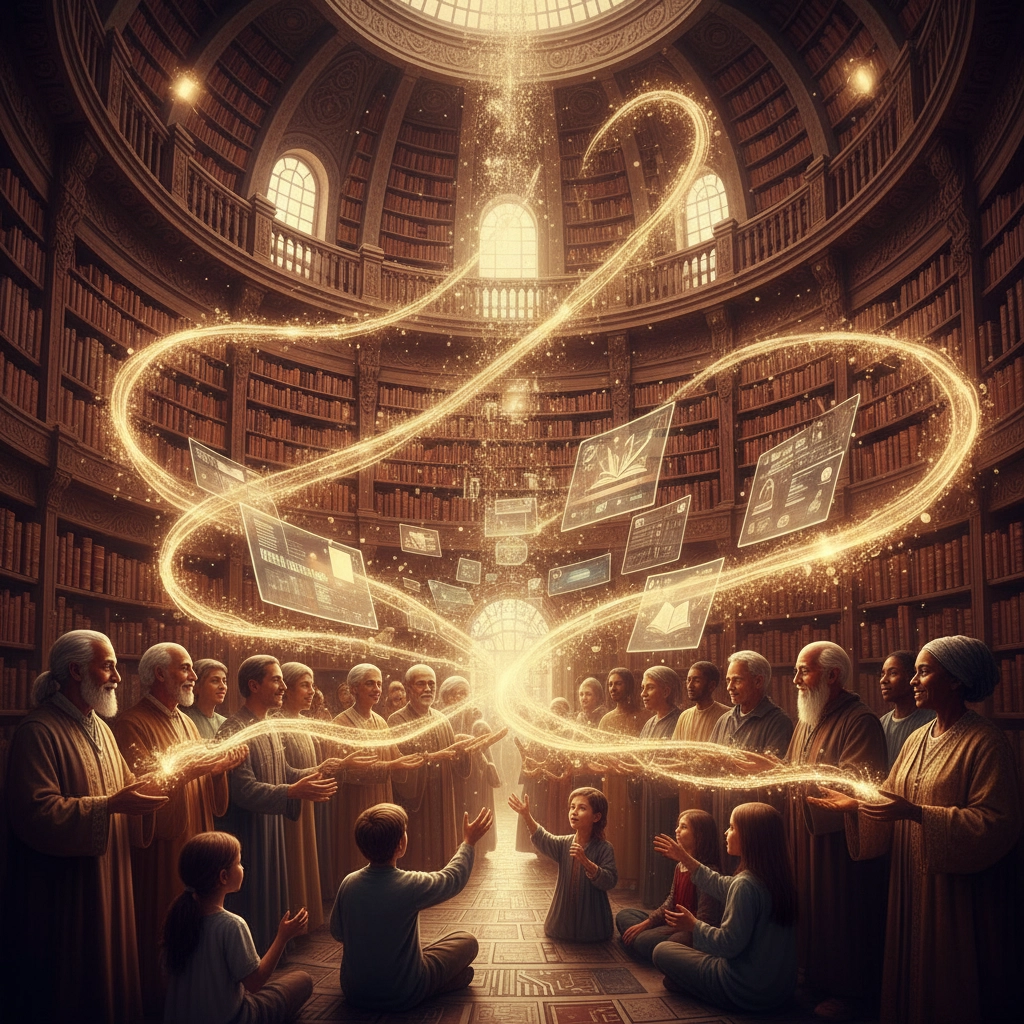
The pandemic highlighted how essential digital access has become, but it also revealed the fragility of systems controlled by external entities. Communities with their own digital libraries were better positioned to maintain cultural continuity even when traditional institutions struggled.
Building Tomorrow's Cultural Legacy Today
The conversation around community-owned digital libraries isn't just happening in academic circles or tech conferences. It's happening in community centers where elders gather to share stories. It's happening in cultural organizations working to bridge generational gaps. It's happening wherever people recognize that our ancestors' wisdom deserves better than to be commodified by platforms that don't understand its sacred value.
This movement connects to broader conversations about decolonization, cultural revitalization, and technological justice. When communities control their own digital infrastructure, they can ensure that technology serves culture rather than the other way around.
For those called to this work, the path forward requires both technical skills and cultural sensitivity. It demands understanding that preserving heritage isn't just about digitizing content, it's about creating systems that honor the relationships, protocols, and values that make knowledge meaningful.
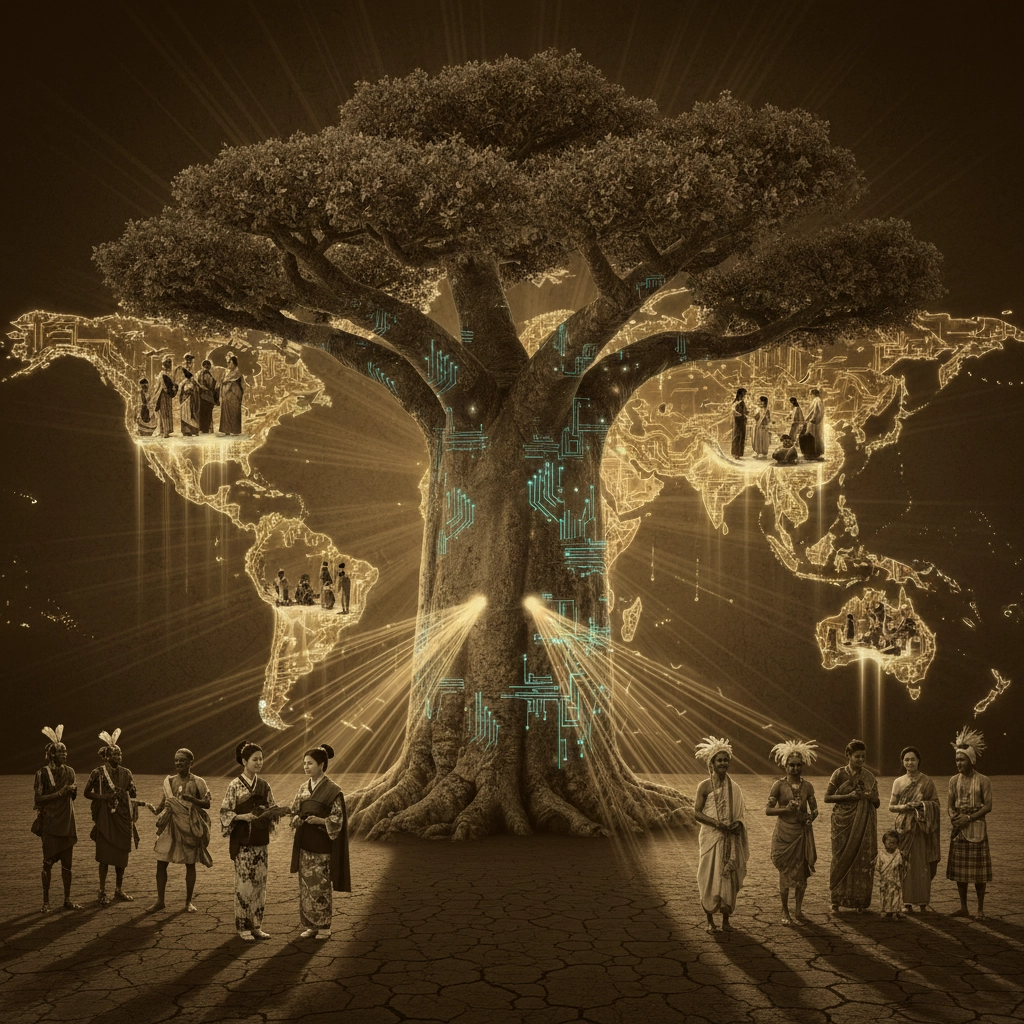
Your Role in This Digital Renaissance
Whether you're an elder with stories to share, a technologist with skills to contribute, or simply someone who believes our ancestors' voices deserve to be heard, community-owned digital libraries offer a way to participate in something transformative.
The future of cultural preservation lies not in the hands of distant corporations, but in the collective wisdom of communities working together to safeguard what matters most. As we build these digital sanctuaries for ancestral knowledge, we're not just preserving the past, we're creating foundations for future generations to build upon.
The conversation about community-owned digital libraries is growing because communities worldwide are recognizing a fundamental truth: our stories, our wisdom, our heritage are too precious to entrust to systems that don't share our values.
In this digital age, the question isn't whether technology will shape how we preserve and share cultural knowledge, it's whether we'll maintain sovereignty over that technology. Community-owned digital libraries offer a resounding answer: Yes, we can. And yes, we will.
At Ejiogbe Voices, we're committed to empowering communities with the tools they need to preserve their ancestral wisdom. Learn more about our mission to bridge generations through technology that honors tradition.
